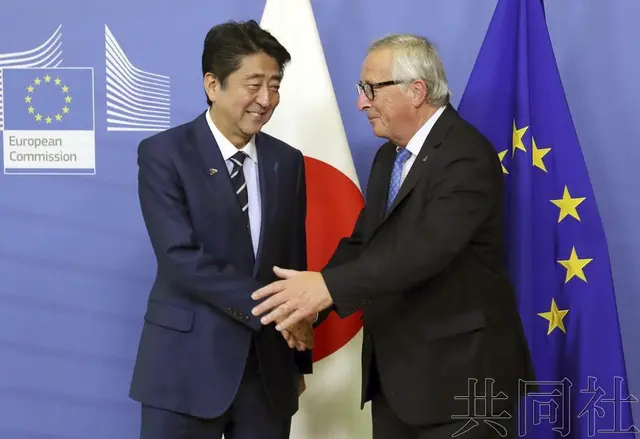Turmoil-stricken Egypt saw Monday unexpectedly few numbers of protesters who rallied to various areas in Cairo and nationwide to protest against President Mohamed Morsi and his Muslim Brotherhood (MB) group on the second anniversary of the fall of former President Hosni Mubarak.
Anti-government demonstrators clash with Egypt's security forces and presidential guards outside the presidential palace in Cairo, Egypt, Feb. 11, 2013, on the second anniversary of the fall of former President Hosni Mubarak. (Xinhua/Amru Salahuddien)
The presidential palace in Cairo was the hottest spot. Although the number of protesters did not exceed 500, they created a restless atmosphere as some of them hurled Molotov cocktails at the palace and attempted to break down one of its gates.
The presidential guards replied with water canons, and later security forces appeared at the nearby streets with armored vehicles and launched a massive number of tear gas bombs to disperse the protesters.
The presidential guards fixed metal sheets to back the palace gates against attacks, while the palace walls were made over a meter higher to prevent protesters from climbing into the palace.
Anti-government demonstrators remove the wire fences outside the presidential palace during clashes with Egypt's security forces and presidential guards in Cairo, Egypt, Feb. 11, 2013, on the second anniversary of the fall of former President Hosni Mubarak. (Xinhua/Amru Salahuddien)
"Some of the protesters had air rifles and were loading them with birdshots to attack security men," said a Xinhua reporter at the scene, adding that a dozen of young men and women masked and dressed in black, perhaps belonging to a group calling themselves "the Black Bloc", led the clashes against security men.
On the other side near the palace, a number of peaceful protesters did not engage in the turmoil and only voiced their demands.
Nader Ezzat, 25, told Xinhua that he came to protest like others against the country's deteriorating conditions. "The country is getting backward," he said, "I do not want to oust President Morsi as some demand, but I want to see real reform and progress."
Among the protesters near the presidential palace was Glarius Haddad, a member of Egypt Freedom Party. The young woman said she came to represent herself and protest against the recent bloodshed in clashes between security men and protesters, criticizing the alleged police aggression when they were dealing with demonstrators.
Likewise, few hundreds joined the anti-government protests in Cairo's iconic Tahrir Square, compared to thousands who participated two weeks ago in commemorating the second anniversary of the Jan. 25 anti-government protests that toppled Mubarak.
A march of around 200 to 300 protesters set off from Sayida Zainab neighborhood to Tahrir Square to join the protesters, raising flags of Egypt and anti-government signs and chanting statements against Morsi and the Muslim Brotherhood.
Some of the protesters in the march raised a large poster with Morsi's picture inside Israel's "Star of Star" with the flag of the United States on one side and that of Qatar on the other, accusing Morsi of being a foreign agent to the three states.
Mohamed Salah, a member of the Youth for Justice and Freedom Movement and al-Dostour Party, told Xinhua that the main purpose of the march was "to revive the memory of the uprising and remind the current regime of its goals for which the youth protested in 2011."
"We demand constitutional amendments to disputed articles, sacking the MB-affiliated government of Prime Minister Hesham Qandil, and forming a new government to supervise the upcoming parliamentary elections," Salah added.
Abeer Suleiman, a leftist participant in the march, said she came to commemorate the ouster of Mubarak on Feb. 11, 2011, and to remind the people of the rights of victims that had not yet been fulfilled.
"We are still witnessing bloodshed to achieve the unaccomplished goals of the uprising. We're sad to raise the same demands to the new regime that claims it came to office through ballot boxes and free will," Suleiman lamented, urging Morsi to respond to their demands, sack the current "unqualified" government, and amend the controversial articles of the newly- drafted constitution.
A 55-year-old school principal, Mamdouh Abu Deif, said he came to commemorate the fall of Mubarak and to protest against the country's worsening conditions. "We seek a decent standard of living, dignity, freedom and social justice. We want to see our country free of rape, robbery and murder. We want to restore security and production," Abu Deif told Xinhua.
Similar marches took place in Alexandria, Suez, Damietta, Gharbiya, the Red Sea and other governorates, and they all included several hundreds of protesters who demanded sacking the current government and prosecutor-general and urged constitutional amendments of debatable articles.
 简体中文
简体中文

